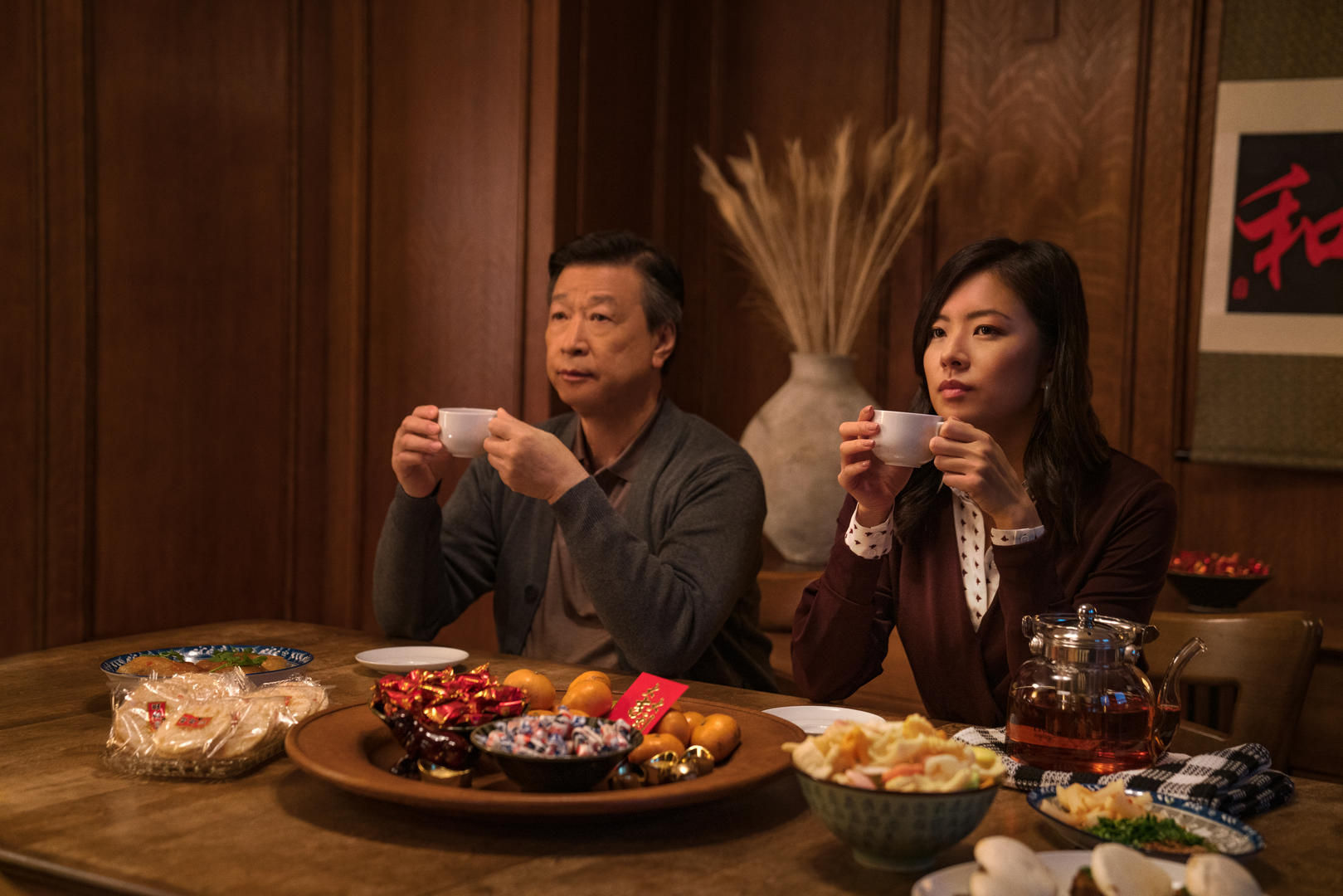If you keep making good things in Hollywood, at some point some studio will give you money to make whatever story you want. Alan Yang might not be a familiar name to most people, but he was an integral member of the creative team on Parks and Recreation, The Good Place, and Master of None, 3 great TV shows. After their Master of None partnership, Netflix decided to let Yang cook, giving him some coin to make whatever story he wanted. Unlike those relatively funny shows mentioned, Tigertail is a personal, somber love letter to his parents and their life story, proving Yang is more than a funnyman, he’s simply a great storyteller.
Young Grover (Hong-Chi Lee) had a poor, sometimes scary upbringing, being born in Taiwan just as Chinese communists had taken control of the country, forcing young Grover to live with his grandparents until he could join his mom in the city. We see this story through the lens of the older Grover (Tzi Ma), reflecting on his past due to the death of his mother and dealing with his forlorn daughter Angela (Christine Ko). Grover compares his daughter’s choices and experiences to his own younger days, where he had to choose to come to America with an arranged marriage to Zhen Zhen (Kunjue Li) to help provide for his family or follow his heart with his childhood girlfriend, Yuan (Yo-Hsing Fang).
Yang’s best story elements are detailing the immigrant experience. Every choice Grover makes is with good intentions. Even though he loves Yuan, he does the noble thing, supporting his mother, his only family, by marrying up with Zhen Zhen and trying to give America a go, the land of opportunity. Like most immigrants, Grover works his ass off to provide for his young wife and family; however, that obsession to provide for those he loves alienates them, pushing him further and further away from not only his intended dream, but also pushing Grover further and further away from himself. Yang paints a lovely contrast in the early going of how jarringly different young and old Grover are, helped immensely by the effervescence of Hong-Chi Lee and Tzi Ma’s strained rage and melancholy boiling under a steely exterior.
While more mixed than the immigrant story, there’s a lot of power as well in Tigertail’s study of generational understanding. For a first time movie director, Alan Yang shows a deft hand to drive home his points: that context matters when parenting, and kids and parents are more alike than they realize. There are these lovely montages of Grover and Angela washing dishes, or sipping tea, or eating dinner, with that same restrained frustration and sadness all over their faces. But if Grover and Angela are the same, how are they so alienated from one another? This is where Yang’s flashbacks, when executed well, really hit home. There’s a great sequence, for example, where Grover gives his daughter the same advice he received from his grandmother at the same age. However, Grover got that advice while trying to stay alive, while Christine just had a bad day, and needed some empathy. Like all well written characters, both Christine and Grover learn and grow from their mistakes and seek understanding by opening up to one another, which Yang makes you root for by crafting them into interesting characters worth rooting for.
I really hope the Tiger King phenomenon helps Tigertail. I’m picturing some out of it parent going to their spouse, “let’s watch that Tiger….tail show thingy” on a Friday night, not paying attention. And what they get is a lovely homage to those brave souls who left stability to try to start fresh in a new place. Then they go and watch what happens generations later when their kids try to start a big cat breeding business and try to murder their rivals.

